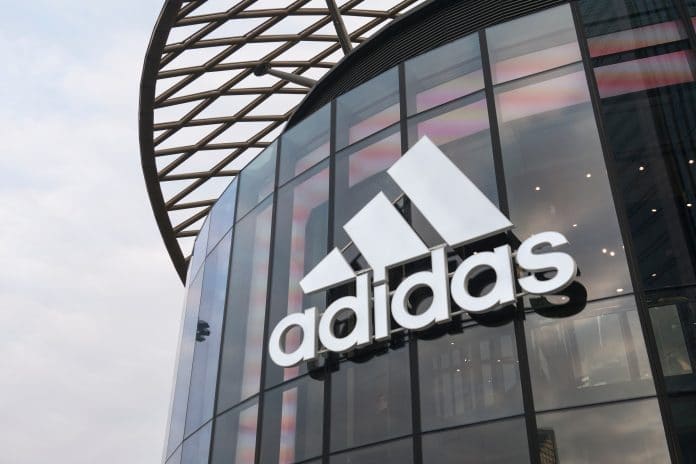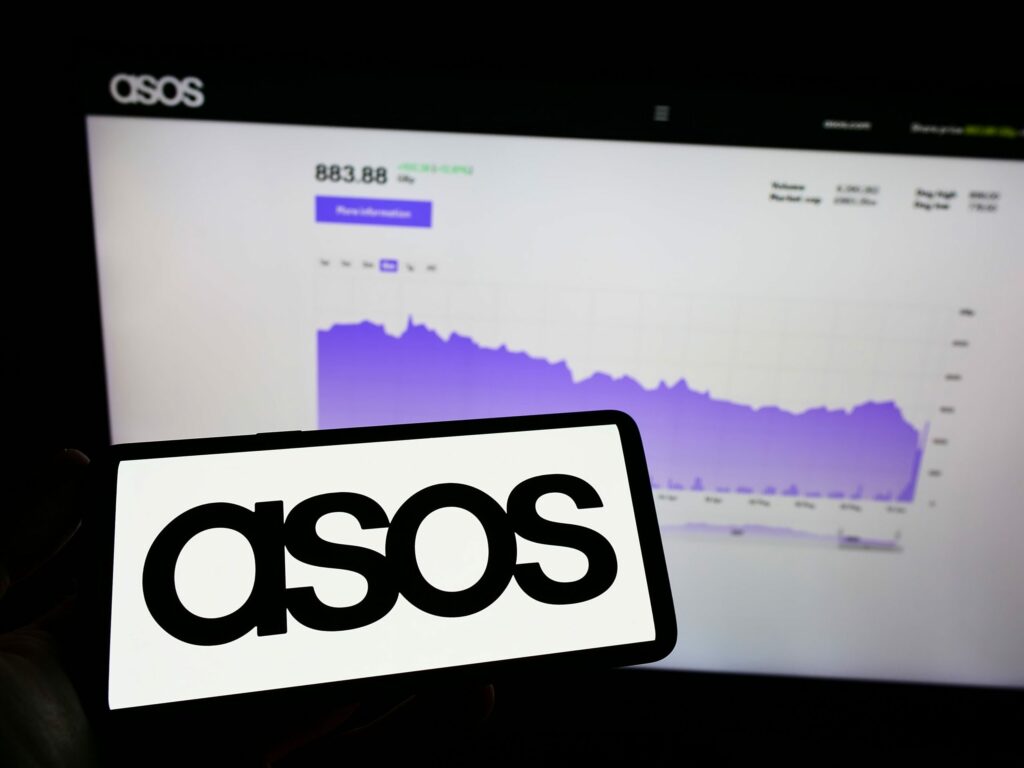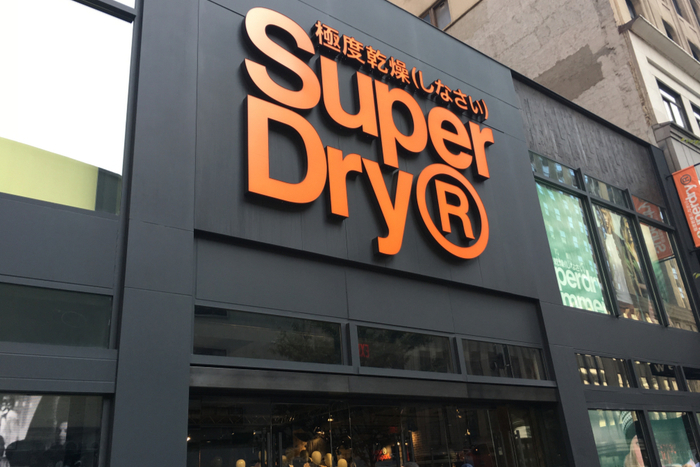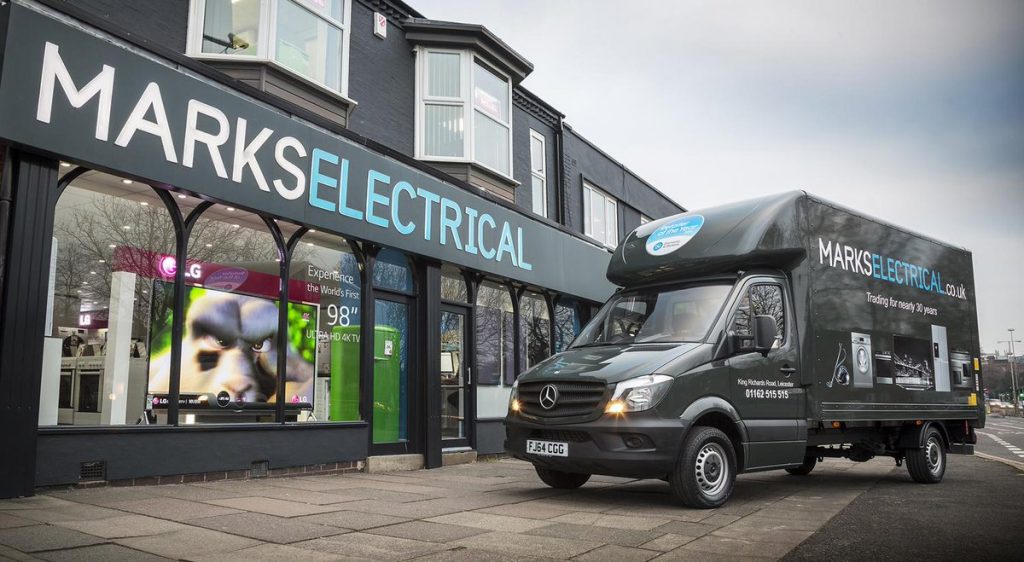As Tesco announces Dave Lewis, Unilever global president of personal care, is to take over from Philip Clarke as CEO, we highlight six challenges he faces when he takes up the reins in October.
Challenge 1. How to drive relevant value
Philip Clarke has led the business through what has clearly been a challenging period. Market conditions have not been favourable, and he found himself inheriting an underinvested store estate amidst a growing shopper flow towards the discounters, principally Aldi and Lidl. In this context he focused on several areas to improve performance in the core UK market, with lower and more stable prices an important part of this. The challenge for Dave Lewis as he inherits the mantle is how to build on the progress so far with making it as easy as possible to shop with Tesco, and encouraging more shoppers to do so. To achieve this he‘ll need to create the right combination of price, range and format proposition to appeal to UK shoppers, who are becoming increasingly used to shopping in value focused limited SKU discount stores. This goes beyond the discount challenge: it‘s also about building on existing strengths online and in convenience, the other two fast growth channels in the UK.
Key consideration: Dave Lewis will want to look afresh at the components of value and loyalty for shoppers at Tesco, identify where beyond price he needs to focus to bring out relevant value for Tesco shoppers, to get shoppers choosing to visit Tesco more often. He‘ll want to do this across large formats, convenience stores and online, and through Clubcard.
Challenge 2. Making shoppers love Tesco
This was a core element of Philip Clarke‘s “Building a better Tesco” plan. And there has been undoubted progress here, as Tesco has developed more enticing store formats and made service and staff one of the key elements in the plan, Tesco, too, has been been making strides with its online identity, becoming softer and friendlier. But Unilever boasts impressive strengths in nurturing and growing brands, not least in how it has achieved tremendous success with Dove and also how it has begun to make more of its core corporate brand to show relevance to consumers. Key consideration: Dave Lewis will no doubt have many thoughts on how to achieve this, but with a wealth of brand knowledge gained across the globe, his brand building credentials will be an important skill he brings to the Tesco offer. He will need to quickly assess which of Tesco‘s brand attributes work well with shoppers and which need developing.
Challenge 3. The right format strategy
Tesco‘s strategy on store formats has changed significantly in Clarke‘s time at the top. The shift of new space from larger stores, the Tesco Extra and Superstore format, has been replaced with a focus on convenient Tesco Express stores, playing to the trend of frequent, local shopping. This commitment was emphasised just a few days ago with the announcement that 4,000 new homes are to be built on now unuseable sites in Tesco ownership. We can expect little change in this strategy under the Lewis reign.
In terms of existing stores, Tesco has led in recent years on trying to redefine the large store proposition in an attempt to address declining sales as shoppers change their habits. The refit last year at Watford Extra store saw Clarke‘s vision realised, refocusing the store on fresh food and creating shops within a shop to make the store more manageable and inspirational to shoppers. The concepts seems to have been a great success; unsurprising given Clarke‘s strength has always been his connection with his roots on the shop floor; with the successful initiatives, including the incorporation of food services like Giraffe and Harris & Hoole, being rolled out in an aggressive UK store investment plan.
Key consideration: The new look Tes
RELATED STORIES

















